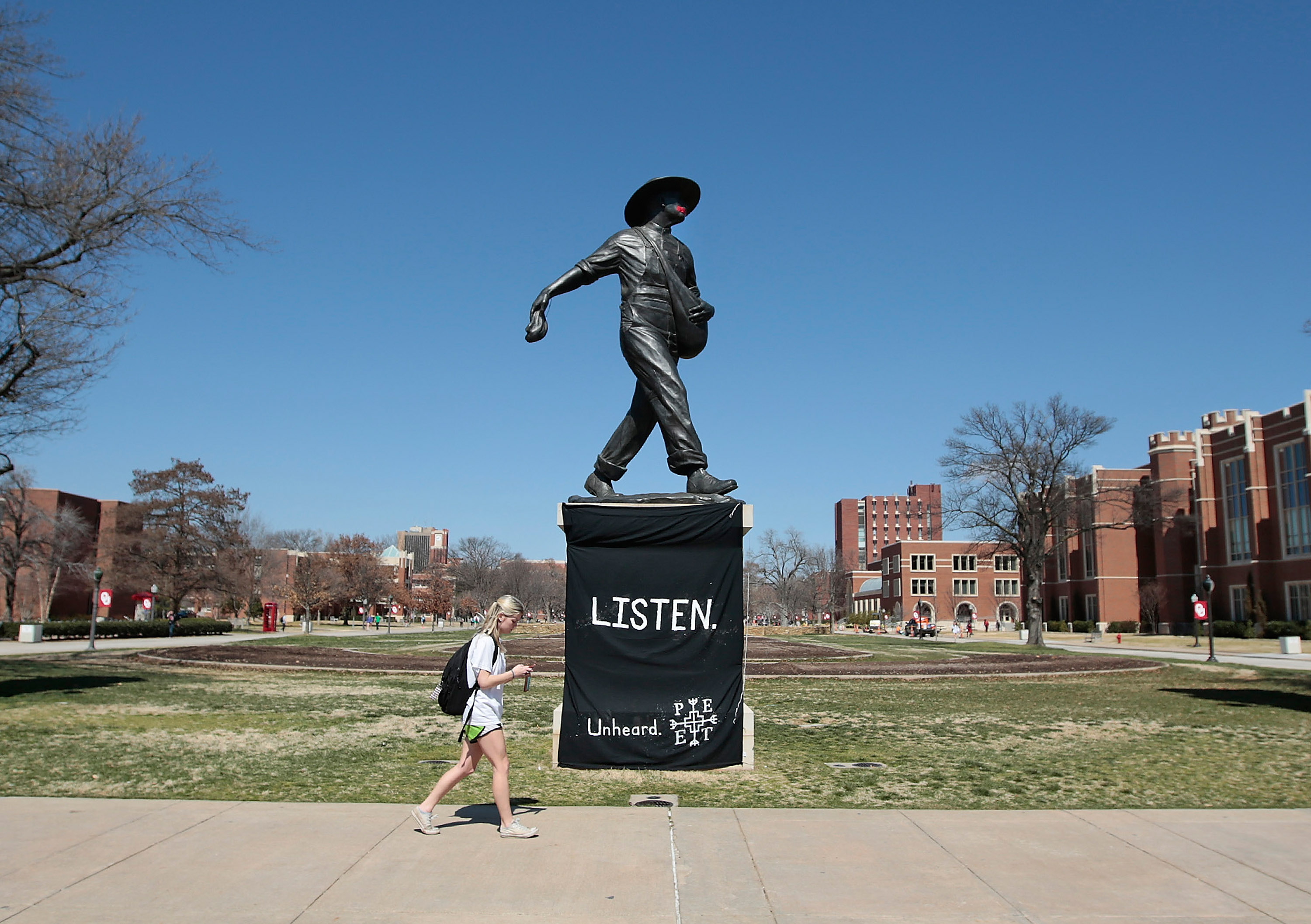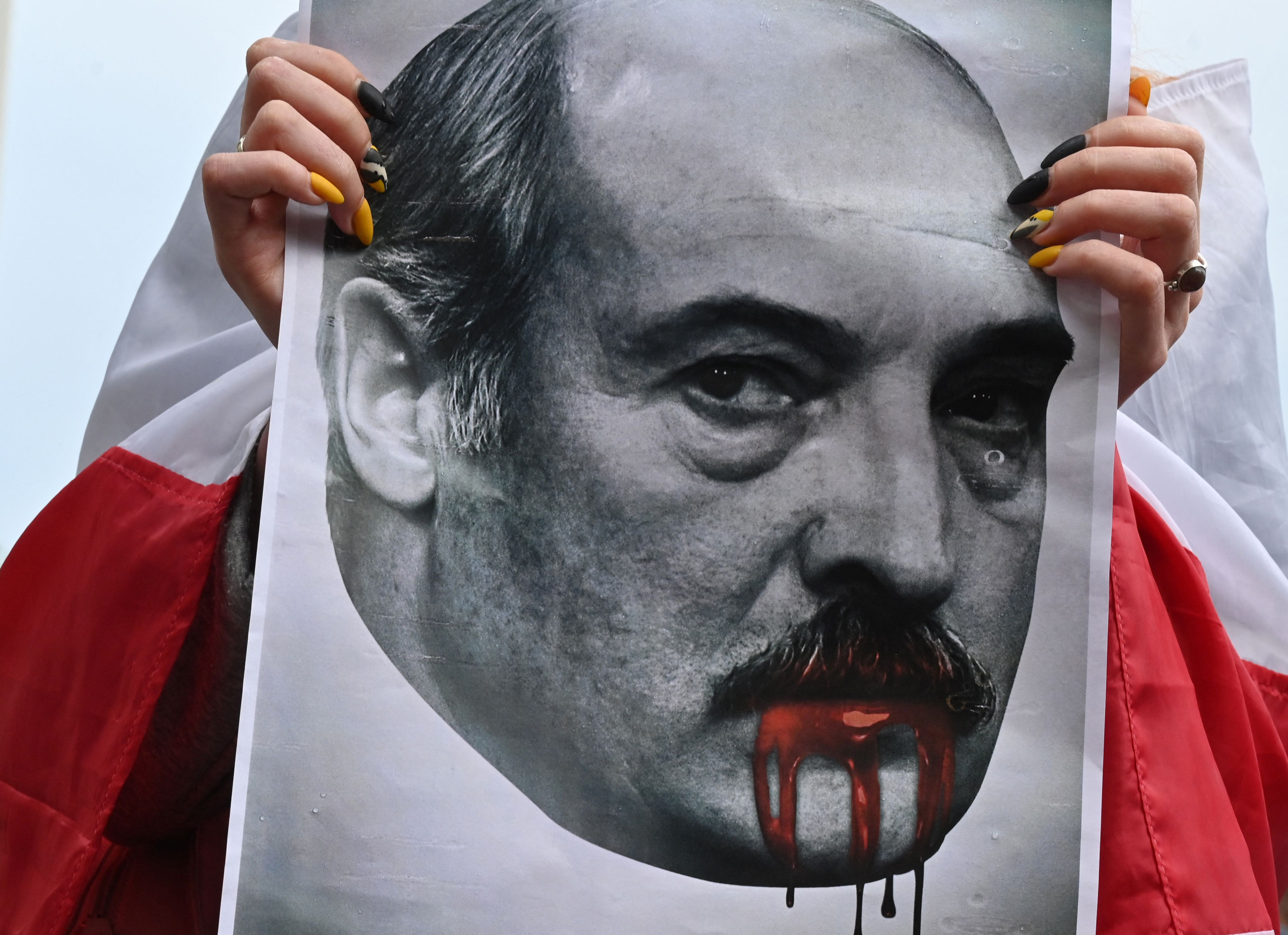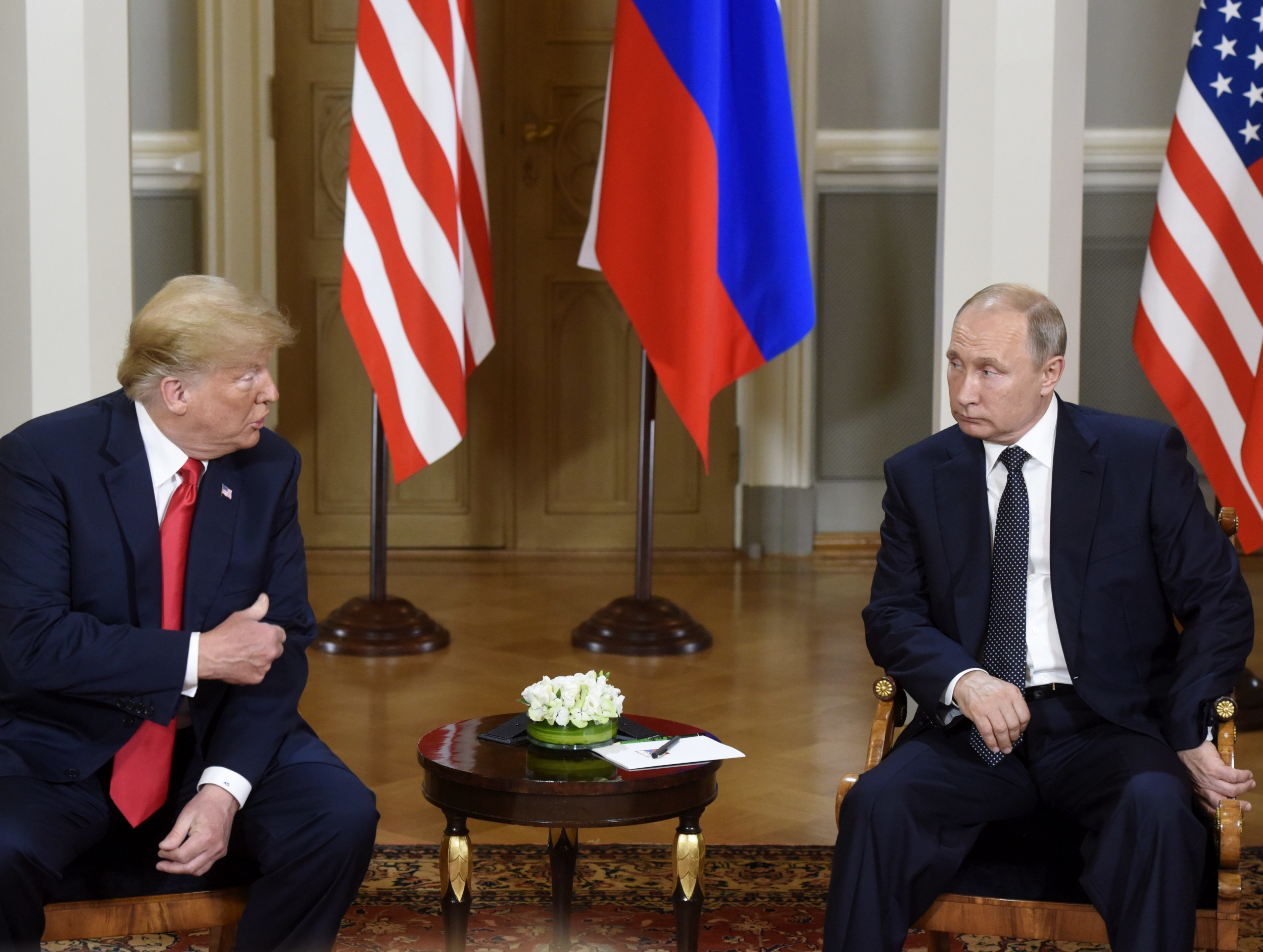It takes a lot to get me to vote.
Since 2004, I have not participated in a national election. My formative years were defined by consequence-free lies about weapons of mass destruction and collateralized debt obligations—the victims losing everything while the perpetrators and their enablers were re-elected or moved seamlessly on to lucrative speaking engagements and advisory boards.
The nuances of our electoral system made me think my vote didn't matter, and the increasing distortion of government by corporations and special interests convinced me that my interests were unlikely to be represented anyway. With few exceptions, holders of elected office seemed much more concerned with self-promotion, petty obstructive tactics, and catering to big-ticket donors—resulting in stagnation and a continued squeeze on the middle class.
However, this year, my conclusion that politics is full of bast***s—the number increasing rapidly the further one gets from Mankato, Minnesota—has been challenged by the presence of Tim Walz as Kamala Harris' running mate and candidate for vice president.
Mr. Walz was my track coach in eighth grade, he built our proms, he built the set for my brother's play. His wife, Gwen, was my English teacher junior year. Somehow, she put up with me. The Walzes were everywhere—inseparable, and an inescapable component of everyone's life who passed through Mankato West High School in those years. They also happened to live across the street. In my community, the boundaries between school and neighborhood blurred, so faculty tended to have an interest in helping you grow up, not just handing out grades.
Emblematic of my high school experience was the state qualifying meet in the fall of my senior cross country season. Perhaps not understanding exactly what they were in for, a couple of carloads of teachers drove an hour round-trip to run all over a golf course yelling at us in near-freezing temps with thirty mile-per-hour gusts and snow flurries.
None of them had kids on the team, but they'd coached or taught or lived down the block from most of us at some point and knew it was important. It was an altruistic gesture that I appreciate more with time, but it was just one example amongst many of the kind of support my classmates and I were fortunate enough to receive as we pursued our various interests. That was Mankato West High School, and that was Tim and Gwen Walz. It's who they were, and it's who they've always been.

Several hundred Mankato West alums all over the country have spent the last few months working at a grassroots level to pay back the unconditional support we received from the Walzes. It's been 20-plus years, but we didn't forget. This kind of loyalty is based upon years of respect and genuine curiosity about who we were and who we wanted to be—built one conversation at a time, one relationship at a time.
This sort of sincere interest in the aspirations and struggles of others is where Mr. Walz truly excels. It is my hope that in the coming years, away from the cameras and the bright lights, there will be an opportunity for him to have these smaller-scale, in-depth conversations with a broad range of Americans to foster understanding and repair some bridges between people and their government—and between each other—that have been neglected for too long.
Every New Year's Day, my parents would have friends and neighbors over for black-eyed peas to ensure good luck in the year to come. At one of these parties, not long before he ran for governor, I remember talking with Mr. Walz about being latecomers to our respective fields—he to politics, I to medical school at 30—and he suggested that sometimes it takes a while for things to click and to figure out what you're really meant to be doing, even if in retrospect you've been heading in that direction all along.
While nobody on our track bus in 1998 would've expected that the current president would one day be warming up the crowd for our coach, it was already clear that Mr. Walz's life was defined by service. And after a quarter century in the National Guard, teaching, and coaching, why shouldn't the next logical step be Congress? Why not the Governor's office? Or the West Wing? The route to these positions need not—and perhaps should not—run through the Ivy League or Silicon Valley.
Perhaps a life experience similar to those one hopes to serve should matter more than pedigree. Perhaps a record of principled work for others should outweigh a record of selfish ambition. So here we are, 20 years later, and I'm voting again. The issues facing this country and the world are complex and won't be solved by November 6th, January 21st, or even 2028.
While disengagement may help your sanity, it doesn't fix your problems. I understand the skepticism, but I first met Mr. Walz in 1996 and, 28 years later, he's the same guy. Since he joined the ticket in August, it's been a powerful antidote to my cynicism to see a decent, normal person make it this far basically by being himself. I don't think America's current problems will be fixed overnight, but I think the first step is to vote for Kamala Harris and Tim Walz.
Keenan Robbins, who once described himself as a long-time political cynic and non-voter from Mankato, Minnesota, has since changed his outlook, now casting his vote due to the influence of his former teachers and neighbors, Tim and Gwen Walz.
All views expressed are the author's own.
Do you have a unique experience or personal story to share? See our Reader Submissions Guide and then email the My Turn team at myturn@newsweek.com.




















 English (US) ·
English (US) ·